What to Watch: Week of March 13, 2023
13 Mar 2023, by Sara Westbrook Share :This week, we have three bills that we are tracking very closely. Two are bills that we support, regarding public defense and vape tax, and one is a bill that we oppose.
Last Thursday, the State Public Defender Act (House Bill 236) passed the House. It is scheduled for a full hearing in Senate Judiciary and Rules on Wednesday at 1:00 pm. To watch the committee, click here.
We are hopeful that House Bill 199 (our IAC Priority to establish a vape tax) will be given a full hearing in the House Revenue and Taxation Committee this week. We encourage you to please continue reaching out to your House members to encourage their support for House Bill 199. If you are not sure who your House Members are, you can find that information by clicking here.
House Bill 273, which would allow county property tax budgets to be reduced using the initiative/referendum process, passed the House on a very close vote, 36-33-1. IAC is opposed to House Bill 273. It would be unworkable for counties due to the timelines required for getting an initiative on the ballot. Citizens would essentially be voting on a budget the year after the budget was implemented. There are other problems with the bill as well. You are welcome to use the talking points below when reaching out to your Senators. The bill will be going through the Senate State Affairs committee, so we encourage you to please reach out to express your concerns to the Senate State Affairs Committee in addition to the Senate Body.
House Bill 273 would allow citizens to use the initiative and referendum to reduce the property tax base budget of a county or a city. Please reach out to your House members ASAP to encourage them to vote NO on House Bill 273! Here are some talking points you may use to help explain why a NO vote is the correct choice. This bill could be debated on the floor within the next hour, so please reach out now.
Article III, Section 1 of the Idaho Constitution establishes the right of the people of the State of Idaho to reject at the polls an act or measure (via voter referenda) and to propose laws (via voter initiative). Section 34-1801C, Idaho Code, extends the right of voter referenda and initiative to direct legislative matters at the county level. Lawmaking at the county level is accomplished through the enactment of county ordinances. Chapter 7 Title, 31, Idaho Code, sets forth the process for the board of county commissioners to enact laws through county ordinances. County ordinances include land use and zoning ordinances, building codes, and other county laws for the regulation of public health and safety. County budgets are not enacted by ordinance which means they are NOT laws. The county budget is developed through a process and adopted by resolution, not an ordinance.
Case law in Idaho has made it clear that county budgets are not subject to the voter initiative or referenda process. In Weldon v. Bonner County Tax Coalition (1993), the Idaho Supreme Court held:
“As our emphasis reveals, referenda and initiatives in Idaho are constrained to addressing “acts” or “measures” passed by a legislative body. In other words, a referendum can only seek to reject an “act” or “measure,” and an initiative can only seek to implement an “act” or “measure.” The Coalition’s referendum seeks to reject a process, specifically the county budgeting process as it is set forth in title 31, chapter 16, Idaho Code. The Coalition’s initiative seeks to impose a limit on the amount of Bonner County’s ad valorem property tax revenue, i.e., the same level as the immediately preceding calendar year. The Coalition does not seek to reject or propose law, but a process. The county budgeting process, which results in an ad valorem levy, is not an “act” or “measure,” but instead it is merely the result of the statutory process set forth in the County Budget Law, title 31, chapter 16, Idaho Code. We reject the Coalition’s argument that the budget process is a law and is a legislative act. It is neither an “act” or a *39“measure,” and, therefore, we hold that Idaho’s referendum and initiative laws are not proper means to reject and/or implement a county budget process.






